In today’s global marketplace, importing cars from China to Russia has emerged as an increasingly viable and strategic option for businesses and consumers alike. With the rise of affordable, innovative, and high-quality Chinese vehicles, Russian importers are discovering numerous benefits, from cost savings to a diverse selection of models. However, navigating the complexities of international trade, regulatory compliance, and logistics can be daunting. This ultimate guide provides a comprehensive overview of the process, from selecting reliable suppliers and managing customs procedures to efficiently shipping vehicles. By leveraging best practices and expert insights, importers can successfully tap into this lucrative market, ensuring a smooth and profitable experience.
Related Artcile : Shipping from China to Russia
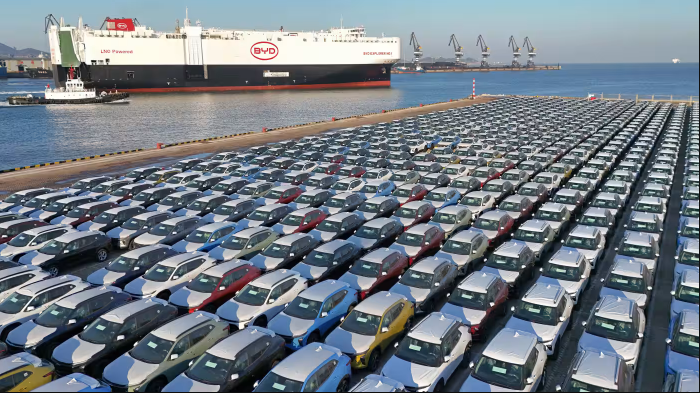
Table of Contents
1. Why Import Cars from China to Russia
The Rise of Chinese Auto Exports to Russia
In recent years, the automotive market has witnessed a significant shift, particularly with the rise of Chinese auto exports to Russia. According to the China Association of Automobile Manufacturers (CAAM), vehicle exports from China to Russia increased by 63% in 2022 alone, reflecting a growing preference among Russian consumers for affordable and technologically advanced vehicles. The increasing demand is driven by China’s commitment to enhancing quality while maintaining competitive pricing, which appeals to a diverse consumer base in Russia. This trend shows no signs of wavering, as both countries continue to strengthen their economic ties.
Cost-Effectiveness of Chinese Vehicles
One of the primary reasons behind the surge in the import of cars from China to Russia is the cost-effectiveness of Chinese vehicles. Compared to their Western counterparts, Chinese brands often offer a lower price point without compromising on essential features and reliability. Additionally, with the depreciation of the ruble and fluctuating economic conditions, many Russian consumers are seeking more affordable alternatives. Importing cars from China not only allows buyers to save money but also offers competitive financing options, making it an attractive choice for budget-conscious individuals and businesses alike.

Variety and Innovation in Chinese Car Models
Chinese automakers have made remarkable strides in design, technology, and innovation, contributing to an impressive variety of car models available for import to Russia. From electric vehicles (EVs) to SUVs, Chinese brands are diversifying their offerings to meet the specific preferences of Russian consumers. Brands such as Geely, BYD, and Great Wall Motors are focusing on introducing new technologies, like advanced driver-assistance systems (ADAS) and hybrid engines, enhancing the overall driving experience. As the Chinese automotive industry continues to innovate, Russian importers can benefit from a broader selection of vehicles that cater to diverse market demands.
2. Understanding Russian Import Regulations for Chinese Vehicles
Current Legislation and Recent Changes
Navigating the import regulations for vehicles can be complex, especially considering the current legislation and its frequent changes. The Russian government has implemented specific policies regarding the import of foreign cars, especially amidst the geopolitical shifts affecting trade routes. Importers must stay informed about customs duties, tariffs, and any import quotas imposed on vehicles from China. Recent legislative changes have focused on facilitating trade with friendly nations, which could positively impact the importation process for Chinese vehicles.
Emission Standards and Age Restrictions
When importing cars into Russia, it is crucial to comply with local emission standards and age restrictions. The Russian Ministry of Transport has established specific regulations that dictate the environmental standards vehicles must meet to be eligible for import. Additionally, age restrictions are in place to ensure that only vehicles within a certain age range are permitted on the roads, which effectively maintains the quality and environmental compliance of cars in the market. Importers should consult with logistics providers, such as Dantful International Logistics, to ensure they understand and adhere to these regulations throughout the import process.
Required Certifications for Imported Cars
Importing vehicles from China to Russia requires obtaining specific certifications to ensure compliance with Russian standards. Certificates of conformity, safety standards, and emissions certificates are necessary documents for successful customs clearance. It is vital for importers to work with experienced freight forwarding services like Dantful, which can assist in navigating the complexities of customs clearance and ensure that all required documents are in order. By doing so, importers can mitigate potential delays and penalties associated with non-compliance.
For any company looking to import vehicles from China to Russia, understanding these regulations and leveraging professional logistics services can streamline the process and enhance the overall experience.
3. Step-by-Step Process: How to Import Cars from China to Russia
Selecting a Reliable Chinese Car Supplier
The first step in the process of importing cars from China to Russia is selecting a reliable Chinese car supplier. Conducting thorough research is essential to ensure that you partner with manufacturers who meet international quality standards and have a solid reputation. Factors to consider include the supplier’s history, customer reviews, and their level of compliance with industry regulations. Attending automotive trade shows in China, leveraging online platforms, and seeking recommendations from other importers can provide valuable insights. Furthermore, ensuring that the supplier provides all necessary documentation, such as warranties and compliance certificates, is crucial for a smooth import process.
Navigating Customs Procedures and Documentation
Once you have selected a supplier, the next step involves navigating customs procedures and documentation. This process requires careful preparation of all necessary documents, including the sales contract, packing list, bill of lading, and any compliance certificates. Each of these documents plays a critical role in the customs clearance process. It’s advisable to consult with logistics professionals, like those at Dantful International Logistics, who can offer guidance on the required paperwork and help manage communication with customs authorities. Properly organized documentation will not only expedite the customs process but also minimize the risk of delays or penalties.
Dantful International Logistics Services:
- Dantful Ocean Freight Services
- Air Freight From China
- Amazon FBA Freight Forwarding
- WAREHOUSE Services
- One-Stop Customs Clearance Solution
- Cargo Insurance Services in China
- DDP Shipping Services By Dantful Logistics
- Out of Gauge Cargo Transportation Shipping Services
Dealing with Russian Customs Clearance
Successfully dealing with Russian customs clearance is a vital step in the import process. Russian customs can be stringent, and understanding the regulations governing vehicle imports is essential. Importers must submit all relevant documentation and pay any applicable customs duties and taxes. Additionally, it is crucial to be aware of any potential inspections and to stay informed about changes in regulations. Utilizing a skilled customs broker can greatly alleviate the stress associated with this process. Partners like Dantful International Logistics offer tailored customs clearance services, ensuring that all requirements are met efficiently, allowing you to focus on other aspects of your business.
4. Shipping Methods: Transporting Cars from China to Russia

Sea Freight Options: RoRo vs. Container Shipping
When it comes to shipping cars from China to Russia, there are two primary sea freight options: Roll-on/Roll-off (RoRo) and container shipping. RoRo involves driving the vehicles directly onto the vessel, where they are secured for transport. This method is often more cost-effective and suitable for bulk shipments. Alternatively, container shipping involves placing cars in containers for added protection during transit. While this method is generally more expensive, it is the preferred choice for high-value or delicate vehicles, as it minimizes exposure to the elements. Importers must evaluate their specific needs and budget to determine which shipping method aligns best with their objectives.
Rail Transport: The New Silk Road Alternative
Another growing method for transporting cars from China to Russia is rail transport, leveraging the infrastructure of the New Silk Road. This option has gained traction due to its reliability and relatively short transit times compared to sea freight. Rail services can accommodate a large number of vehicles at once, making it an efficient choice for businesses looking to import multiple units. Importers should consider this option when planning their logistics strategy, as it offers a balance between cost and transit speed while ensuring the safety of the vehicles during transport.
Air Freight for Luxury and Time-Sensitive Shipments
For luxury and time-sensitive shipments, air freight is the preferred method of transport. Although the costs associated with air freight are significantly higher than other shipping methods, the speed and security it offers are unparalleled. This option is ideal for high-end vehicles or situations where timing is crucial, such as fulfilling customer orders or participating in trade shows. Working with an experienced logistics provider like Dantful International Logistics can help streamline air freight processes, ensuring that all necessary customs and documentation requirements are promptly handled, allowing for swift delivery without unnecessary delays.
Read More:
- Shipping From China To Netherlands
- Shipping From China To Spain
- Shipping From China To Germany
- Shipping From China To France
- Shipping From China to Italy
- Shipping From China To Poland
- Shipping From China to United Kingdom
By understanding the step-by-step process for importing cars from China to Russia and evaluating the various shipping methods available, importers can effectively navigate the complexities of international logistics, ensuring a successful operation.
5. Cost Breakdown: Expenses of Importing Chinese Cars to Russia
Import Duties and Taxes
When importing cars from China to Russia, one of the most significant expenses is the import duties and taxes imposed by the Russian government. These duties can vary depending on the type of vehicle, its engine size, and its value. Typically, import duties range from 5% to 30% of the car’s customs value. Additionally, VAT (Value Added Tax) is applicable, usually around 20%, calculated on the total of the customs value plus the import duties. Therefore, importers need to factor these costs into their overall budget when planning their vehicle imports. It is advisable to consult with a customs broker or logistics expert who can provide detailed insights based on the specific circumstances of the import.
Shipping and Handling Costs
Shipping and handling costs are another crucial component of the overall expense when importing cars. The choice between shipping methods—RoRo or container shipping—will significantly influence these costs. Generally, RoRo shipping tends to be more economical, especially for bulk shipments, while container shipping, though pricier, offers enhanced protection for high-value vehicles. Importers should also consider additional handling fees that may arise during loading, unloading, and transloading processes. Working with a reputable logistics provider like Dantful International Logistics can help identify the most cost-effective shipping options and ensure transparency regarding all shipping costs involved.
Additional Fees: Certification, Insurance, and Customs Brokerage
In addition to import duties and shipping costs, there are various additional fees that importers must account for, such as certification, insurance, and customs brokerage fees.
- Certification Fees: To comply with Russian vehicle regulations, imported cars must undergo specific inspections and acquire necessary certifications, including conformity certificates and environmental compliance documentation. These processes may incur testing and administrative fees.
- Insurance Costs: Protecting your investment during transit is essential, which is where insurance comes into play. Depending on the value of the vehicle and the shipping method chosen, insurance costs can vary. Importers should consider insuring their vehicles to safeguard against potential damages or losses during shipping.
- Customs Brokerage Fees: Engaging a customs broker can facilitate the clearance process, but their services typically come at a cost. Customs brokerage fees can range from a few hundred to several thousand dollars, depending on the complexity of the import and the services required.
Overall, a comprehensive understanding of all cost components associated with importing Chinese cars to Russia is crucial for importers to ensure they remain within budget and avoid any unexpected expenses.
6. Best Practices for Successful Car Imports from China to Russia
Working with Experienced Freight Forwarders
One of the best practices for successful car imports from China to Russia is to work with experienced freight forwarders. Freight forwarders play a crucial role in facilitating the entire logistics process, from selecting the most appropriate shipping methods to managing documentation and customs clearance. Their expertise can help streamline the import process, reduce potential delays, and ensure compliance with all regulations. Companies like Dantful International Logistics offer tailored solutions and possess in-depth knowledge of the logistics landscape between China and Russia, making them invaluable partners for importers.
Ensuring Compliance with Russian Technical Regulations
Ensuring compliance with Russian technical regulations is critical for a successful import process. Importers must familiarize themselves with the specific requirements set forth by the Russian government regarding vehicle specifications, safety standards, and environmental regulations. Adhering to these standards not only facilitates smoother customs clearance but also protects importers from fines and penalties. Regularly consulting with customs experts and leveraging resources from regulatory bodies can ensure that all imported vehicles meet the necessary technical requirements, thereby enhancing the overall import experience.
Strategies for Efficient Customs Clearance
Implementing effective strategies for customs clearance can significantly expedite the import process. Ensuring that all documentation is organized and complete will minimize the likelihood of delays at customs. Additionally, working with a knowledgeable customs broker is beneficial, as they can navigate the complexities of the customs process on behalf of the importer. Utilizing electronic customs systems can also streamline the submission of required documents. Importers should be proactive in monitoring their shipments and maintaining open communication with logistics partners to address any issues promptly, ensuring an efficient customs clearance process.
FAQs
Q1: What are the main costs involved in importing cars from China to Russia?
A1: The main costs include import duties and taxes, shipping and handling fees, and additional expenses such as certification, insurance, and customs brokerage fees.
Q2: How can I find a reliable Chinese car supplier?
A2: Researching suppliers through trade shows, online platforms, and referrals is essential. Look for verified manufacturers with positive reviews and a history of compliance with international standards.
Q3: What shipping methods are available for transporting cars from China to Russia?
A3: The primary shipping methods include Roll-on/Roll-off (RoRo) shipping, container shipping, rail transport, and air freight. The choice depends on factors such as the type of vehicle, budget, and time sensitivity.
Q4: What documentation is required for importing cars into Russia?
A4: Required documentation includes the sales contract, bill of lading, packing list, compliance certificates, and any necessary import permits.
Q5: How can I overcome language barriers when dealing with Chinese suppliers?
A5: Hiring bilingual professionals or utilizing translation services can help facilitate communication. Working with logistics providers who have experience in both cultures is also beneficial.
References
- Russian Federal Customs Service – Customs Regulations – Current regulations and requirements for importing vehicles into Russia.
- International Organization of Motor Vehicle Manufacturers (OICA) – OICA Data – Resources on vehicle standards and compliance.

Young Chiu is a seasoned logistics expert with over 15 years of experience in international freight forwarding and supply chain management. As CEO of Dantful International Logistics, Young is dedicated to providing valuable insights and practical advice to businesses navigating the complexities of global shipping.
The other language versions of this article
- الدليل النهائي لاستيراد وشحن السيارات من الصين إلى روسيا في عام 2024
- De ultieme gids voor het importeren en verzenden van auto’s van China naar Rusland in 2024
- Le guide ultime pour importer et expédier des voitures de Chine vers la Russie en 2024
- Der ultimative Leitfaden zum Importieren und Versenden von Autos von China nach Russland im Jahr 2024
- La guida definitiva per importare e spedire automobili dalla Cina alla Russia nel 2024
- La guía definitiva para importar y enviar automóviles de China a Rusia en 2024
- O guia definitivo para importar e enviar carros da China para a Rússia em 2024
- Полное руководство по импорту и доставке автомобилей из Китая в Россию в 2024 году
- 2024’te Çin’den Rusya’ya Araç İthalatı ve Gönderimi İçin Temel Kılavuz


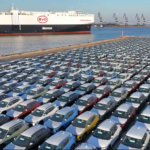







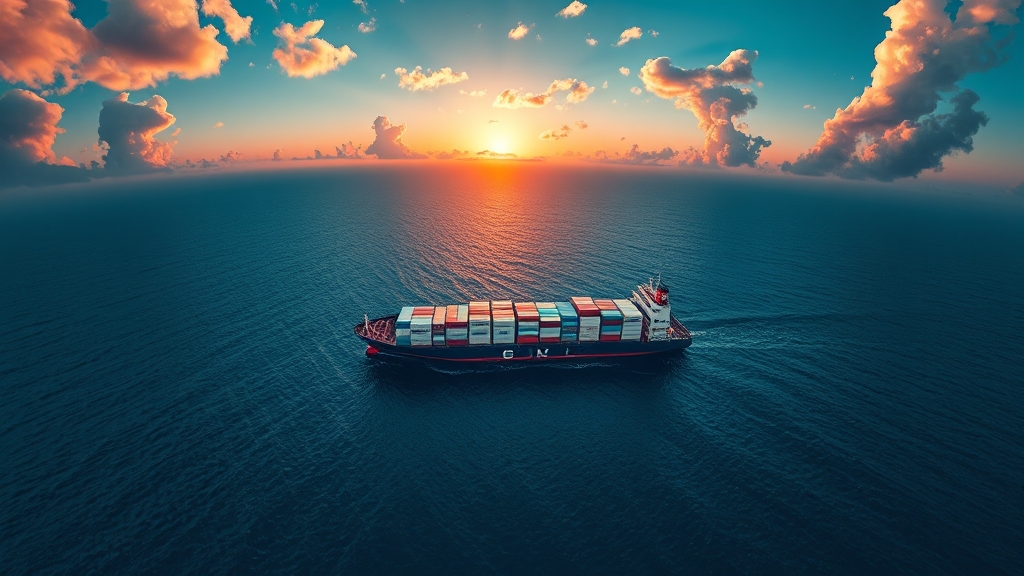
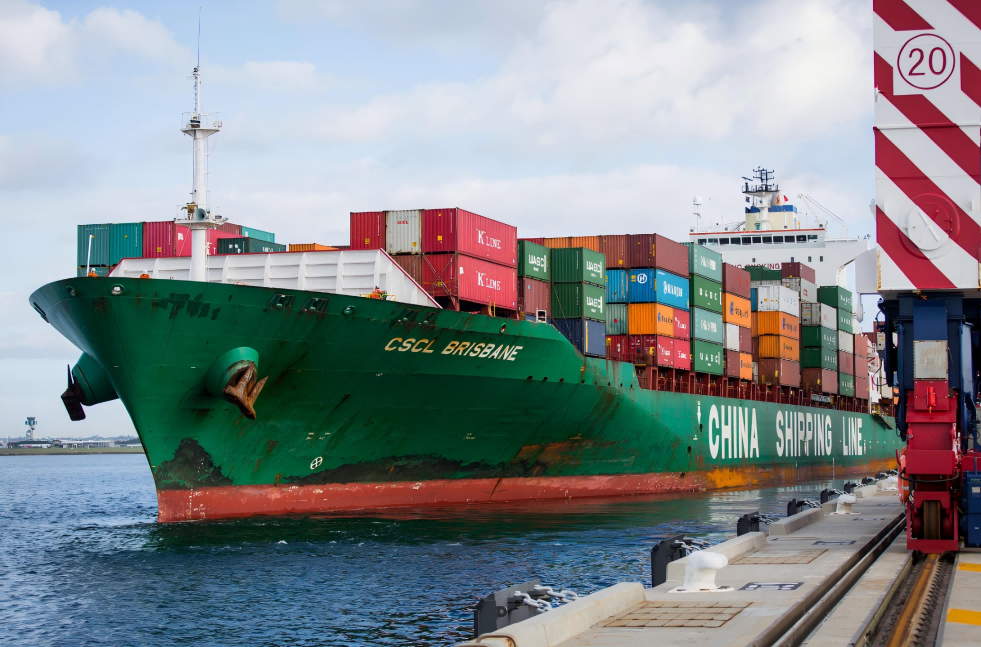
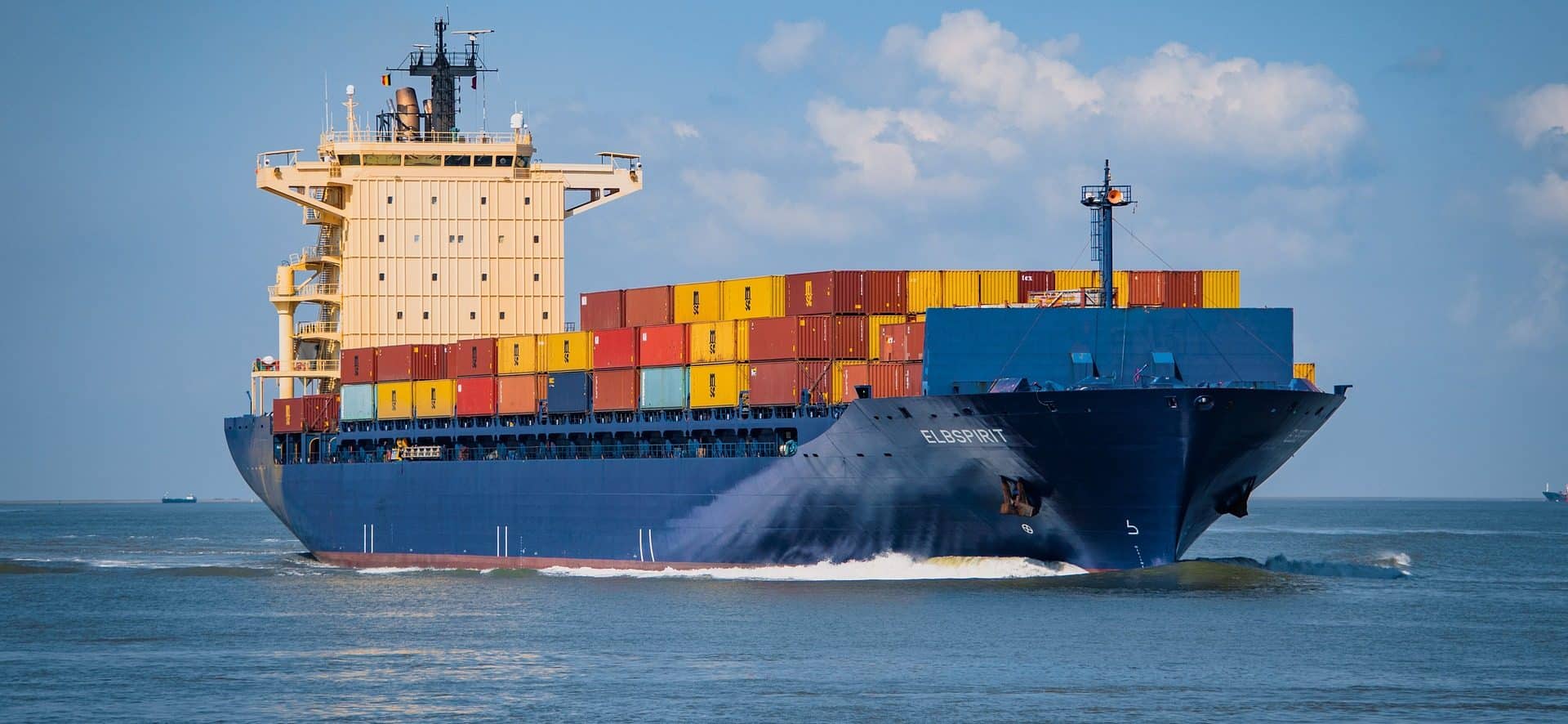

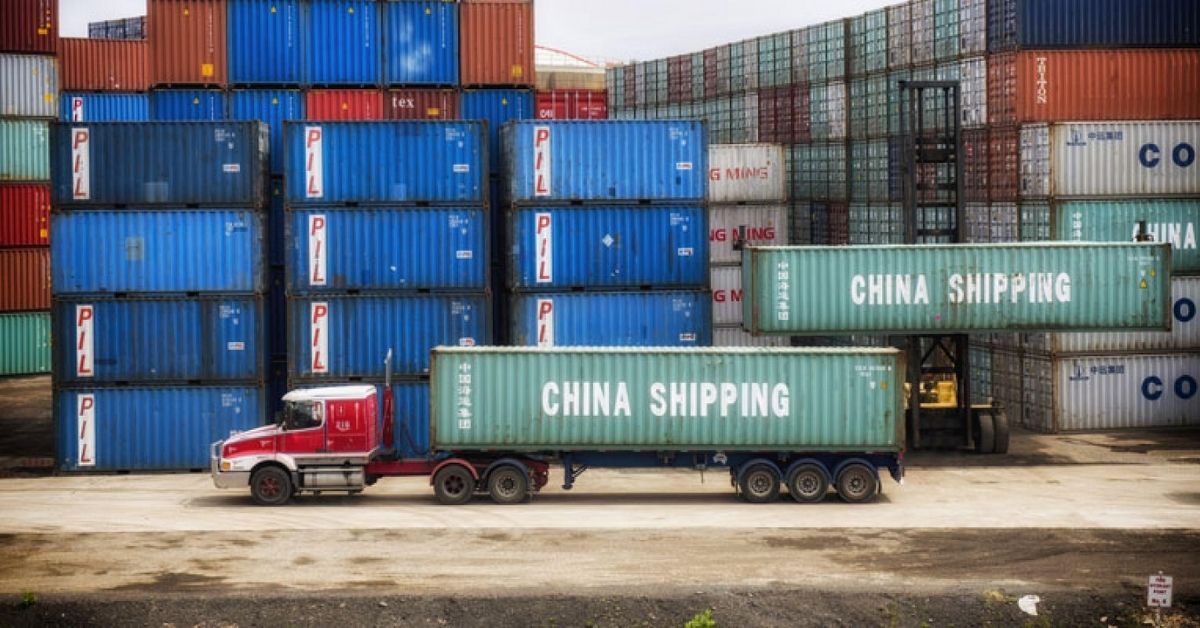





 Afrikaans
Afrikaans Shqip
Shqip አማርኛ
አማርኛ العربية
العربية Հայերեն
Հայերեն Azərbaycan dili
Azərbaycan dili Euskara
Euskara Беларуская мова
Беларуская мова বাংলা
বাংলা Bosanski
Bosanski Български
Български Català
Català Cebuano
Cebuano Chichewa
Chichewa 简体中文
简体中文 繁體中文
繁體中文 Corsu
Corsu Hrvatski
Hrvatski Čeština
Čeština Dansk
Dansk Nederlands
Nederlands English
English Esperanto
Esperanto Eesti
Eesti Filipino
Filipino Suomi
Suomi Français
Français Galego
Galego ქართული
ქართული Deutsch
Deutsch Ελληνικά
Ελληνικά Kreyol ayisyen
Kreyol ayisyen Harshen Hausa
Harshen Hausa Ōlelo Hawaiʻi
Ōlelo Hawaiʻi עִבְרִית
עִבְרִית हिन्दी
हिन्दी Hmong
Hmong Magyar
Magyar Íslenska
Íslenska Igbo
Igbo Bahasa Indonesia
Bahasa Indonesia Gaeilge
Gaeilge Italiano
Italiano 日本語
日本語 Basa Jawa
Basa Jawa ಕನ್ನಡ
ಕನ್ನಡ Қазақ тілі
Қазақ тілі ភាសាខ្មែរ
ភាសាខ្មែរ 한국어
한국어 كوردی
كوردی Кыргызча
Кыргызча ພາສາລາວ
ພາສາລາວ Latin
Latin Latviešu valoda
Latviešu valoda Lietuvių kalba
Lietuvių kalba Lëtzebuergesch
Lëtzebuergesch Македонски јазик
Македонски јазик Malagasy
Malagasy Bahasa Melayu
Bahasa Melayu മലയാളം
മലയാളം Maltese
Maltese Te Reo Māori
Te Reo Māori मराठी
मराठी Монгол
Монгол ဗမာစာ
ဗမာစာ नेपाली
नेपाली Norsk bokmål
Norsk bokmål پښتو
پښتو فارسی
فارسی Polski
Polski Português
Português ਪੰਜਾਬੀ
ਪੰਜਾਬੀ Română
Română Русский
Русский Samoan
Samoan Gàidhlig
Gàidhlig Српски језик
Српски језик Sesotho
Sesotho Shona
Shona سنڌي
سنڌي සිංහල
සිංහල Slovenčina
Slovenčina Slovenščina
Slovenščina Afsoomaali
Afsoomaali Español
Español Basa Sunda
Basa Sunda Kiswahili
Kiswahili Svenska
Svenska Тоҷикӣ
Тоҷикӣ தமிழ்
தமிழ் తెలుగు
తెలుగు ไทย
ไทย Türkçe
Türkçe Українська
Українська اردو
اردو O‘zbekcha
O‘zbekcha Tiếng Việt
Tiếng Việt Cymraeg
Cymraeg יידיש
יידיש Yorùbá
Yorùbá Zulu
Zulu